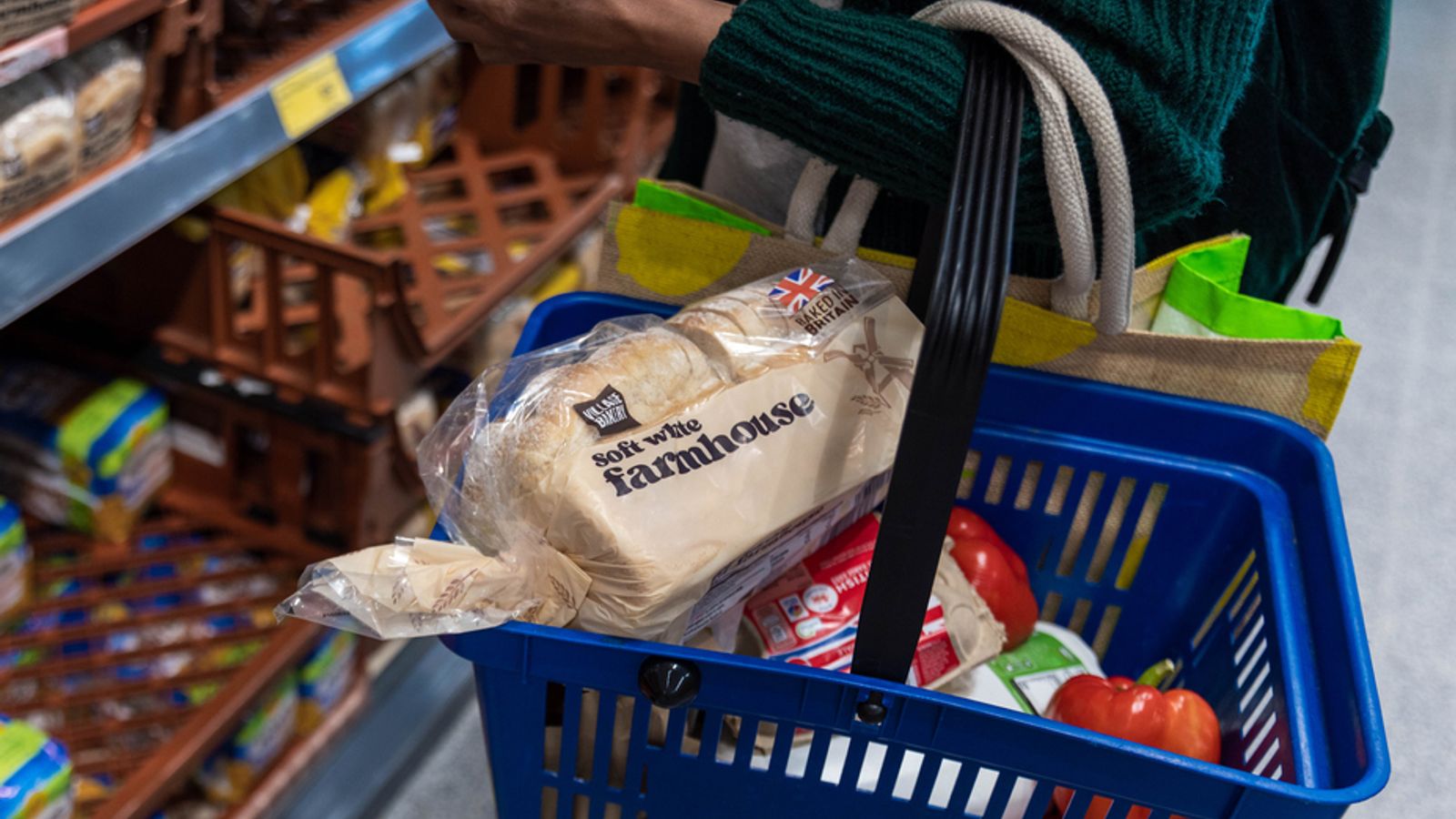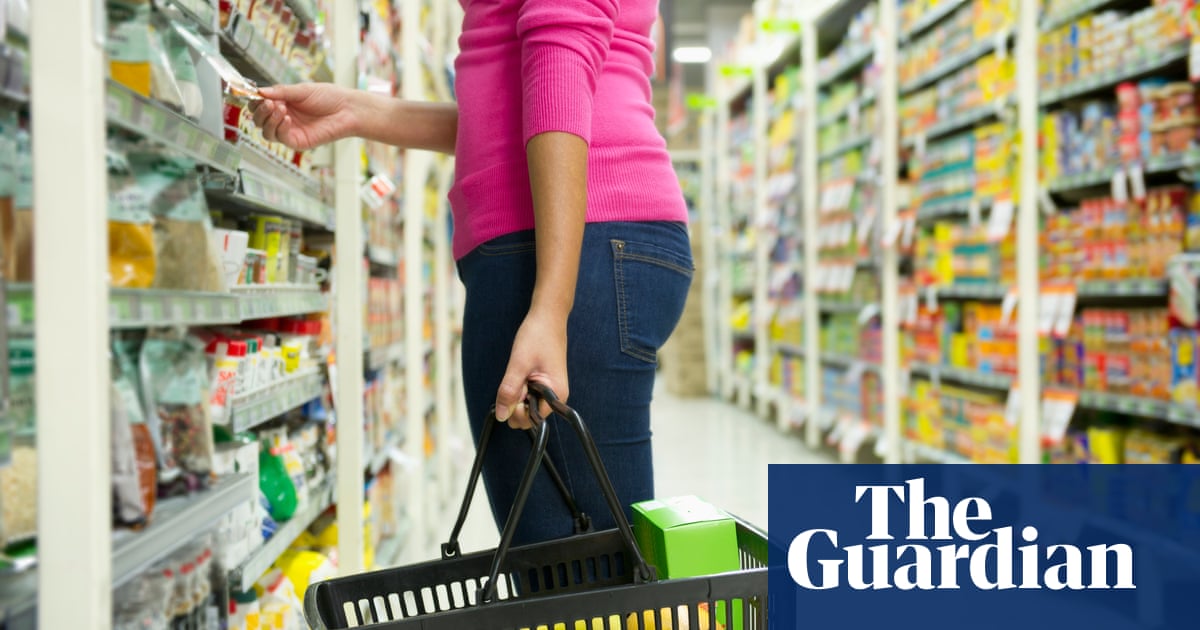
UK inflation has fallen to 3.4% in February, below expectations and marking the lowest annual rate since January 2022. The largest downward contributions came from food, restaurants and cafes while the largest upward pressure came from housing and fuel.
The closely watched core CPI figure — which excludes volatile food, energy, alcohol and tobacco prices — also fell to an annual 4.5%, below a consensus estimate of 4.6% and down from 5.1% in January.
The Bank of England expects headline inflation to fall temporarily back to its target of 2% in the second quarter before increasing again later this year, after hiking interest rates aggressively over the last two years in order to get prices under control.
Investors are betting that inflation will tumble further through the spring months, reflecting a sharp decline in natural gas prices since last year and a slowdown in food price rises. The Bank maintains an inflation target of 2%, and the central bank is forecasting that CPI will fall below 2% in April and staying there for much of the summer.
The UK government has announced plans to reduce taxes on fuel, which could help ease some of the pressure on households facing rising costs. However, Labour leader Keir Starmer has criticised the move as a short-term fix that will not address long-term issues such as low wages and inadequate social security.
The UK is currently experiencing widespread power outages due to high demand for electricity during the cold snap. The National Grid has urged people to reduce their energy consumption by turning off lights, unplugging chargers and using electric blankets instead of heating.

